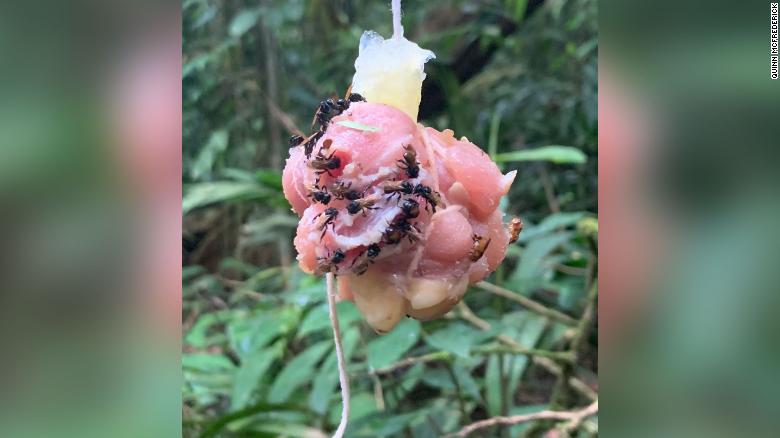
Forty-nine dead in a massacre at a gay nightclub in Orlando. Forty-one dead in an assault at Istanbul Ataturk Airport. Twenty hostages killed during a 10-hour siege on a bakery in Bangladesh. Alton Sterling, 37, fatally shot by Baton Rouge police officers. Less than two weeks later, three law enforcement officers killed in Baton Rouge by a former Marine. Philando Castile, 32, shot by police during a traffic stop in Minnesota. Five police officers shot to death in Dallas. Eighty-four people killed and more than 200 wounded in a terrorist attack in Nice. More than 200 dead in Turkey after an attempted military coup.
How can we go on? How can we mourn a tragedy when another comes before we’ve begun to understand the first? We are heartbroken, afraid, confused and guilty. Guilty for not being able to fix a world that feels broken, guilty for caring, guilty for not caring.
Your numbness? It’s normal. And it doesn’t mean you don’t care.
Choosing to disconnect is a defense mechanism to help protect yourself, says Lindy Schultz, spokesperson for the Community Reach Center which provides supportive mental health services in Colorado. “If you feel like can’t even manage to follow it in the media, it’s too much — it’s a normal response to want to unplug. You can become vicariously traumatized by overloading on the media.”
Your heartbreak, your fear? That’s normal, too — even if you’ve never been to the location of the attack or don’t personally know anyone who was there.
Just by reading about these tragedies and learning about the lives lost and those forever scarred, you might experience a trauma reaction, the University of Norte Dame’s Counseling Department states on its website.
“It is difficult to predict what type of trauma reactions you will experience following a disastrous event,” the department states. “It is important to allow yourself permission to have your reactions, and take care of them both by yourself and by asking for help from others, as best you can.”
Daniel Antonius, who has studied terrorism and how it affects us, says news coverage and social media play a role in our mental exhaustion when it comes to tragedy.
Seeking information during times of tragedy is normal and “can be used to restore some sense of normality in people’s life,” says Antonius, director of the psychiatry department at the Jacobs School of Medicine and Biomedical Sciences at theUniversity at Buffalo. But, that has a significant downside “in which people live and relive the attacks when they watch or read stories about them,” Antonius says. “This overexposure can cause increased fear, anxiety and helplessness.”
If you are having trouble, here are some things the University of Rochester’s Counseling Center recommends:
- Reach out to your friends and family and other support systems.
- Do something for someone else.
- Go to a quiet place. Noise and chaos might contribute to your state of mind.
- Take a long hot bath or shower.
- Get a good night’s sleep. It will make you more productive and able to deal with the situation.
- Take care of your body. Exercise and eat well, avoiding caffeine, greasy food and sugar.
- Avoid excessive alcohol use or drug use.
- Here are signs you should seek help, according to the Aurora Mental Health Center:
- Persistent sad, anxious, or “empty” mood
- Suicide threats, either direct or indirect
- Significant change in behavior
- Severe drop in job or school performance
- Relationship difficulties
- Irrational or bizarre behavior
- Increased use of alcohol or drugs
- Headaches or stomachaches with no physical cause
- Grinding teeth
- Eating or sleeping problems, nightmares
- Decreased energy, fatigue, being “slowed down”
- Difficulty concentrating, remembering, making decisions
[Source:- USA Today]





